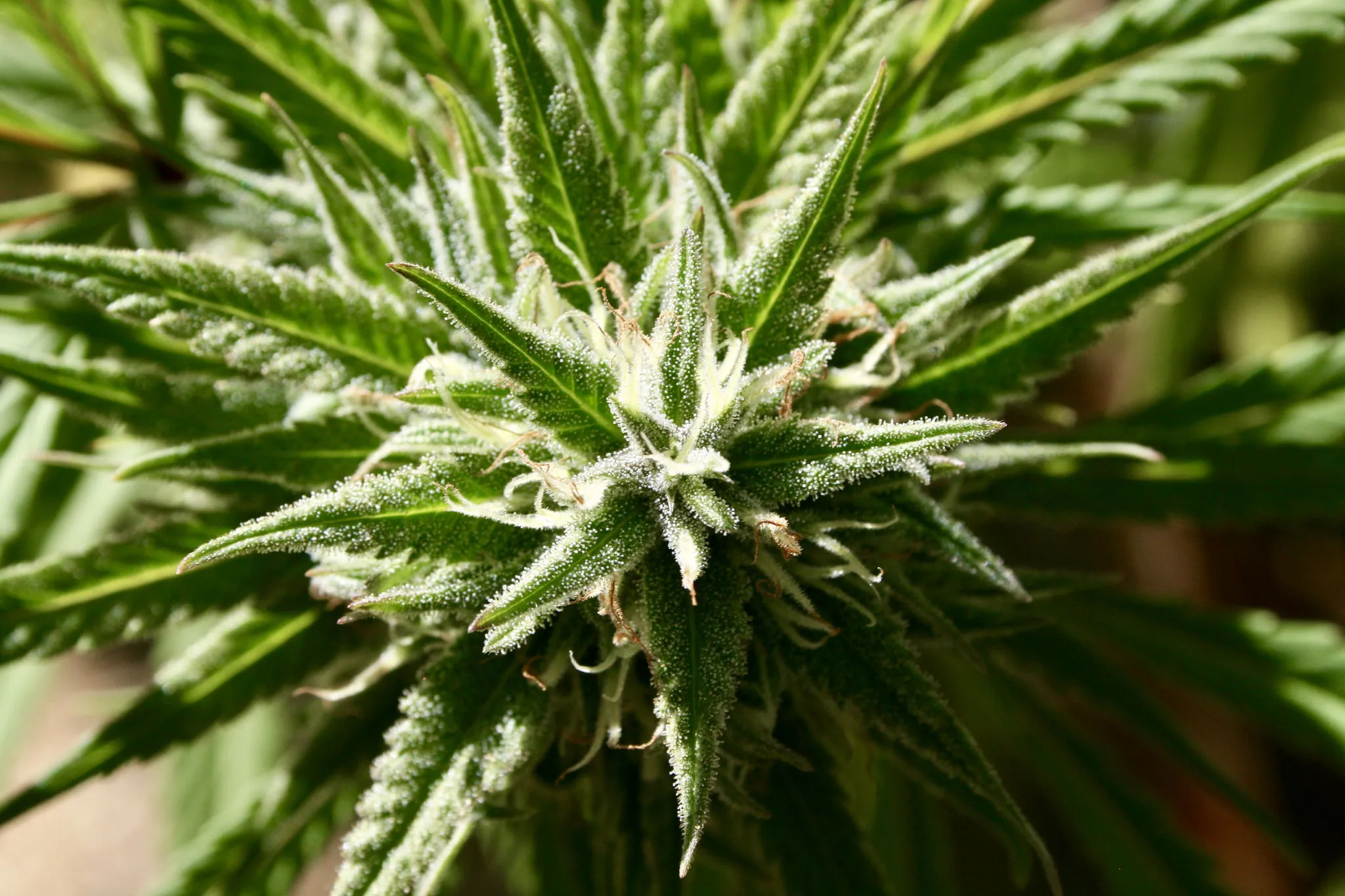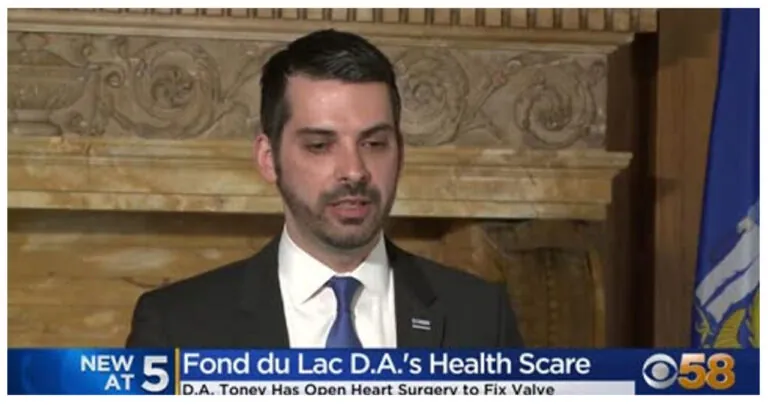Federal Health Agency Grants $3.2 Million to Research the Effects of Marijuana on Cancer Immunotherapy Treatment
Researchers have been granted $3.2 million by the federal health agency to investigate the impact of utilizing cannabis during immunotherapy for cancer treatment and whether access to marijuana can aid in decreasing health inequalities.
UB recently reported that a psychiatrist on its team has been awarded a research grant from NIH’s National Cancer Institute. The grant will be used to conduct a year-long study that aims to evaluate the impact of cannabis use on the effectiveness of common cancer treatments in patients.
The study, which aims to investigate the effectiveness of immunotherapy in treating cancer patients, will be conducted by UB in collaboration with Thomas Jefferson University and Oregon Health and Science University. The study will be carried out at three different sites, with each site recruiting 450 cancer patients who are undergoing immunotherapy treatment. Unlike chemotherapy, immunotherapy is known to cause fewer side effects and is intended to boost the body’s natural defense mechanisms, thereby safeguarding healthy cells.
As per UB, almost 40% of cancer patients have claimed to use marijuana as a form of treatment to alleviate pain, enhance their mood and aid in better sleep. However, there exists a significant lack of long-term studies that assess the potential advantages and risks for individuals undergoing immunotherapy for cancer. This is despite the fact that cancer and its treatments qualify as conditions for medical or adult use of cannabis in most of the 37 states and Washington, D.C. Rebecca Ashare, the principal investigator, stated in a press release on Tuesday about this concerning issue.
Although cannabinoids are known for their anti-inflammatory properties, which can be beneficial in reducing pain, it is important to note that they can also have an impact on immune function. This dual effect is something to keep in mind when considering the use of cannabinoids for medicinal purposes.
UB #psychology associate professor, Rebecca Ashare, PhD, received a major NCI grant to study the impact of cannabis on immunotherapy treatments. #UBuffalohttps://t.co/irlAFAuMTZ
— UB Psychology (@UB_Psychology) October 25, 2023
According to Ashare, there is a growing concern that cannabis usage might hamper the effectiveness of immunotherapy. As both cannabis and immunotherapy are increasingly being used as therapeutic options in oncology, the demand for evidence is evident. This project is a crucial first step towards addressing this concern and providing clarity to patients and physicians who have accepted these options.
In the observational study, the participants will be divided into two groups, where one-half comprises cannabis users who will utilize their own products, while the other half will consist of non-users. The researchers will conduct an analysis of medical records, patient outcomes, and blood samples at six different intervals over the course of one year.
As part of the study, the NCI grant will also delve into the impact of living in disadvantaged neighborhoods on the outcomes concerning cannabis use and immunotherapy.
According to Ashare, the objective is to determine whether or not cannabis can help alleviate health discrepancies. The team comprises of experts in various fields such as cancer symptom management, medical cannabis, health equity, oncology, immunology, and substance misuse. The research aims to enhance the science of cancer symptom management, which will ultimately lead to better patient care and safety.
During a recent National Academies of Sciences, Engineering, and Medicine (NASEM) meeting, an NCI representative discussed the agency’s enthusiasm for advancing research on the correlation between cannabis and cancer treatment. The official also noted that although many oncologists have spoken with their patients about marijuana, only a few feel confident in their knowledge of the subject.
In a notice published last year, NCI highlighted various cannabis research areas that they are interested in funding.
A study conducted recently revealed that individuals who used cannabis on a regular basis noticed an improvement in their cognitive abilities and a decrease in pain levels, especially those who were undergoing chemotherapy and cancer treatment.
Late last year, the American Medical Association (AMA) released a study linking the legalization of cannabis in certain states with a decrease in opioid prescriptions for specific cancer patients.
More News:







